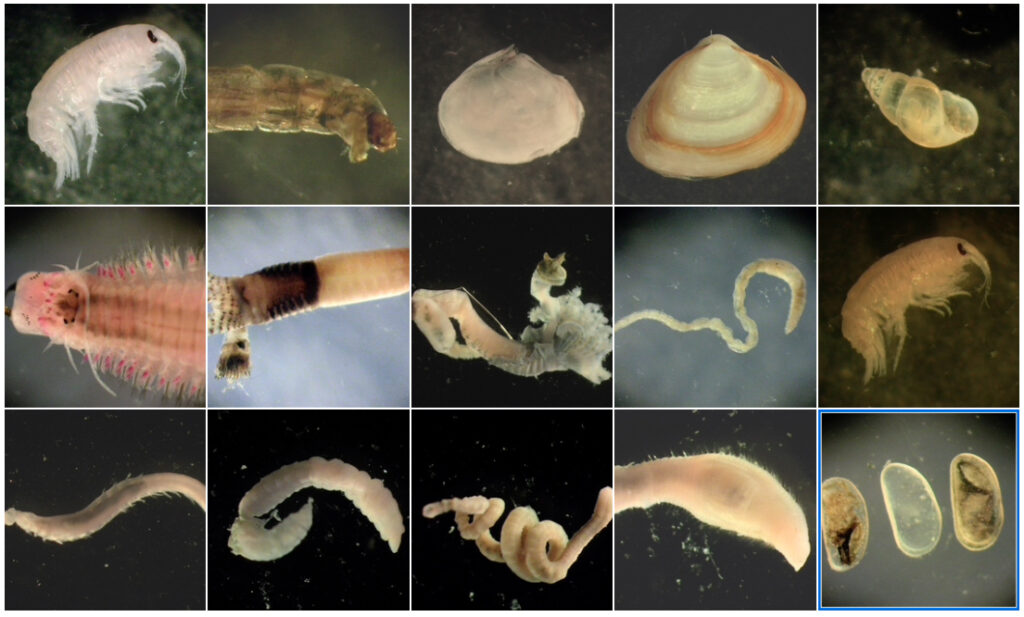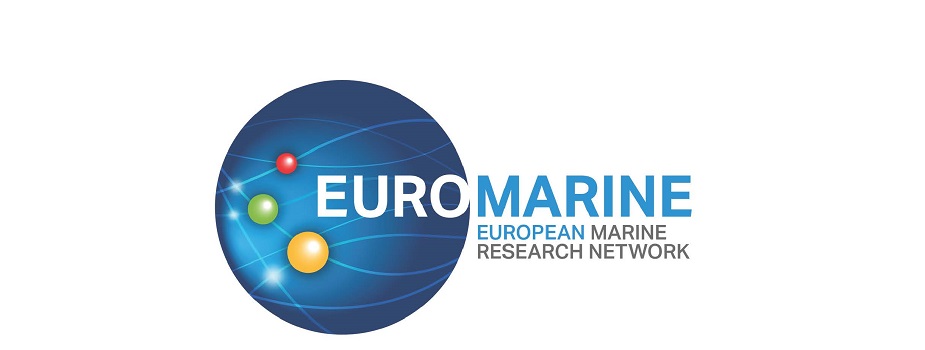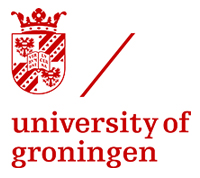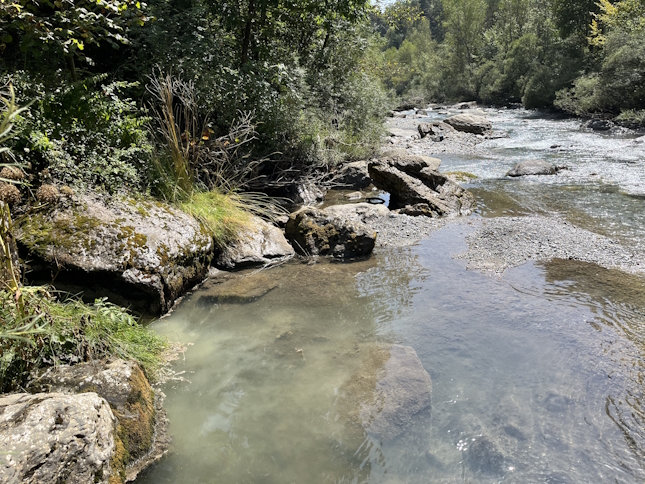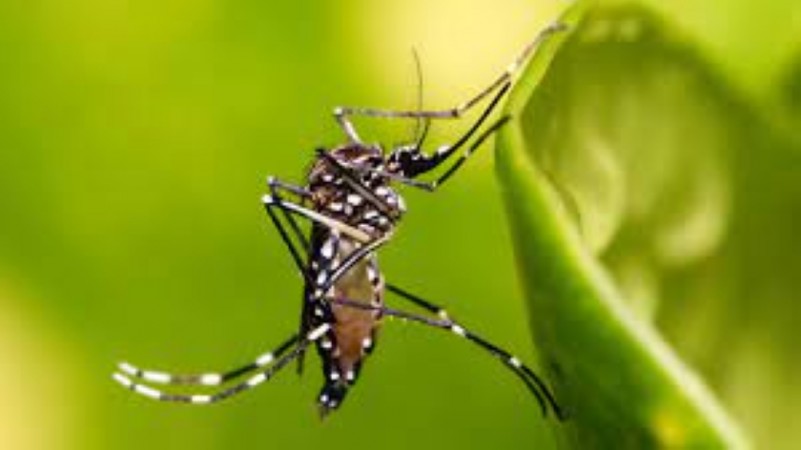Collaboration project
Government policy and society benefit from knowing how marine biodiversity is changing in response to, for example, local impacts due to pollution or overfishing, marine litter, regional effects of climate change on the distribution of spices or the spread of invasive species. When evidence is available, people and their governments are motivated to promote the reduction of such negative impacts. However, access to the necessary data is rarely available in time to inform society. Furthermore, changes in biodiversity, including causes and meaning, can be better understood when local studies are placed in a regional and global context. For example, the local decline of a valuable species may be due to a local impact or be part of a regional-scale phenomenon. That is why it is essential to know the trends over decades to better understand the natural dynamics of ecosystems. However, research projects do not usually result in long time series due to their short duration. Therefore, it is desirable that biodiversity monitoring can be integrated into the annual operations of research organizations, including the cost-effective and timely publication of standardized data that allows rapid analysis of trends in space and time.
The idea of long-term monitoring of marine biodiversity is old, with many previous efforts (e.g. BioMARE). Despite decades of interest and funded research projects, the lack of a permanently coordinated marine biodiversity monitoring community in Europe undermines the good research of many scientists and projects in the past, as it is not possible to easily find out where and which Biodiversity is being controlled in Europe. MBON Europe’s goal is to solve this problem by cost-effectively using existing institutional resources to make time series data collection more visible and useful to scientists and other relevant stakeholders.
Obviously, scientific benefits are also expected to be obtained, since in recent decades, the type of knowledge that will be obtained, in addition to being relevant for management policies, has been published in high-profile journals, because they show how human impacts , including climate change, are altering the natural environment. This demand increases the value of past and present biodiversity monitoring data with each new year.
En el marco de Horizon Europe, el proyecto AMP Europe 2023-2026 está diseñando una red de Áreas Marinas Protegidas (AMP) optimizada para ser representativa de la biodiversidad y para indicar dónde puede ser más importante realizar el seguimiento de la biodiversidad marina europea . Los proyectos de Parallel Horizon tienen como objetivo avanzar en temas relacionados con la planificación espacial marina, los beneficios del carbono azul y la protección de los bienes y servicios de los ecosistemas. La creación de una red MBON Europa coordinada podrá ayudar a los proyectos existentes y las nuevas propuestas a encontrar socios activos en lugares y/o hábitats particulares para su investigación.
On the other hand, both the Horizon Europe and BioDiversa calls have pointed out the need to support the monitoring of marine biodiversity and analyze its derived data. MBON Europe will provide a functional network of organizations that already carry out this monitoring and that could contribute to these research projects.
In addition, Europe is promoting the involvement of citizen science in biodiversity monitoring. For example, the Reef Life Survey (which depends on the involvement of divers in this citizen science initiative) is ready for development in Europe. But there are many other examples, totally or partially focused on the sea (iNaturalist, Jellywatch, eBird, Sea Watchers) that include national information collection programs and multiple opportunities for citizen participation. In this sense, MBON Europe also aims to include citizen science initiatives to expand its data collection and improve public participation.
MBON Europe will be a framework where participants can compare practices to decide which are best, exchange taxonomic skills, test and develop new methods (including automation of sampling through image analysis of videos and photographs). On the other hand, it is possible that, fortuitously, participants obtain benefits that we cannot currently imagine. Finally, MBON Europe would actively facilitate gender balance and promote the participation of young researchers in initiatives related to biodiversity monitoring.

